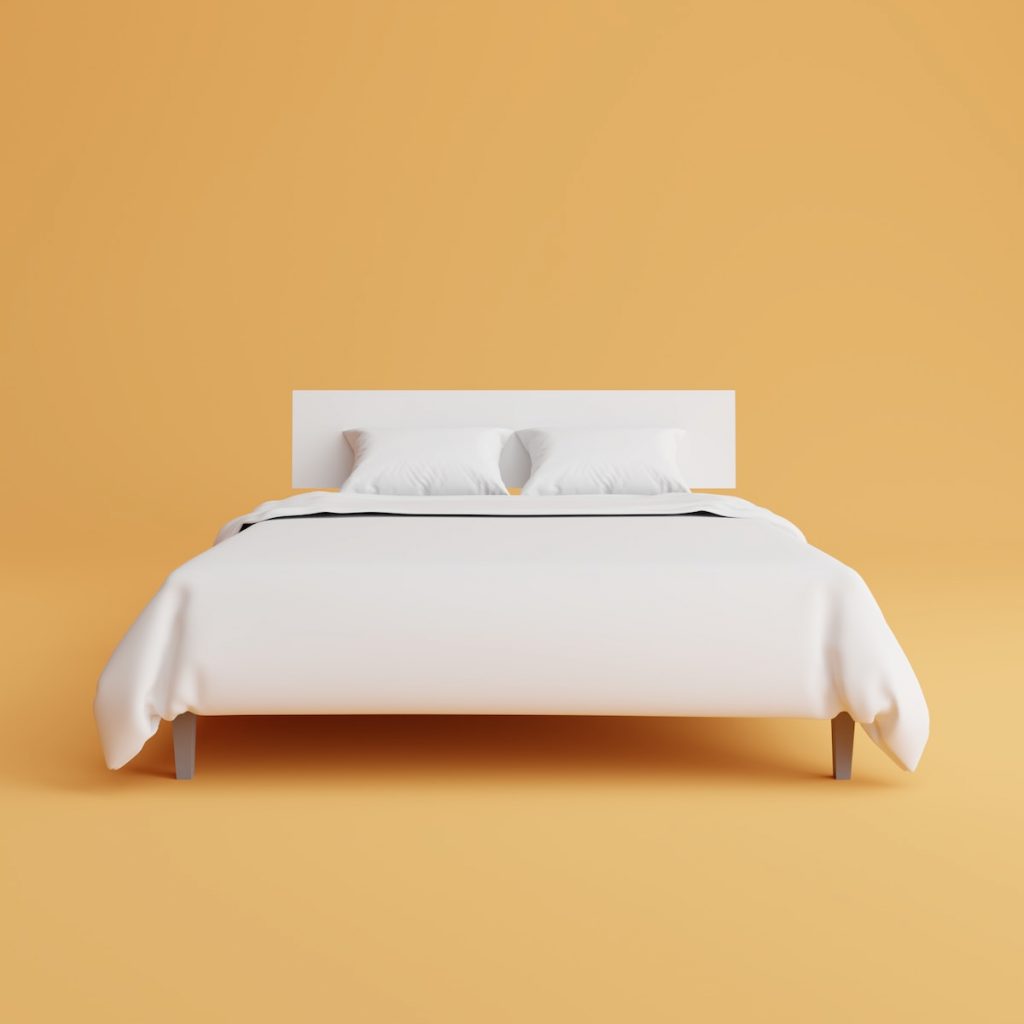Choosing the right mattress thickness can be a daunting task. Mattress thickness, also known as mattress height or depth, is an important aspect to consider when buying a new mattress. This comprehensive guide will help you understand how thick a mattress should be, the factors influencing its thickness, and the benefits of different thickness levels.
Introduction
The thickness of a mattress is one of the key factors that contribute to its comfort, support, and durability. While some may perceive a thicker mattress as more luxurious and comfortable, it’s not always the case. The ideal mattress thickness varies depending on individual needs, preferences, and health conditions. Let’s delve into the nitty-gritty of mattress thickness and how it influences your sleep.
Understanding Mattress Thickness
Mattress thickness refers to the height of the mattress, including all its layers, from the base to the top cover. It is usually measured in inches and can range anywhere from 2 to 24 inches. The thickness of a mattress is determined by the combination of its different layers, including the base layer, comfort layer, and any additional layers such as memory foam, latex, or hybrid layers.
Factors Determining Mattress Thickness
Several factors determine the thickness of a mattress. These include:
Materials and Layers
The type and number of layers used in a mattress contribute to its thickness. Most mattresses consist of a base layer for support, a comfort layer for softness, and additional layers for specific features like cooling or pressure relief.
Body Weight
Your body weight plays a crucial role in determining the ideal mattress thickness. Heavier individuals may require a thicker mattress to provide adequate support and prevent sagging. On the other hand, lighter individuals might find a thinner mattress more comfortable.
Health Conditions
Certain health conditions or physical discomforts like back pain, arthritis, or sleep apnea might necessitate a specific mattress thickness for optimal comfort and support.
Personal Preference
Some people simply prefer a taller or shorter mattress. Your personal comfort preference is an important factor to consider when choosing mattress thickness.
Mattress Thickness Chart
Here’s a general guideline on mattress thickness:
- 2 to 5 inches: Low-profile mattresses, suitable for toddlers or temporary guest beds.
- 5 to 8 inches: Slim mattresses, suitable for children and lighter individuals.
- 8 to 12 inches: Standard mattresses, suitable for most adults.
- 12 to 16 inches: Thick or deep mattresses, offering additional comfort and support.
- More than 16 inches: Extra-thick mattresses, ideal for heavier individuals or those seeking a luxurious feel.
Importance of Mattress Thickness
The thickness of a mattress plays a vital role in the following aspects:
Comfort
A thicker mattress often has more layers, providing better cushioning and comfort. However, too thick a mattress can be difficult to get in and out of, particularly for people with mobility issues.
Support
The thickness of a mattress can influence the level of support it offers. A thicker mattress typically provides better support, particularly for heavier individuals.
Durability
Thicker mattresses often have more durable construction due to the additional layers. They’re less likely to sag over time, extending the lifespan of the mattress.
Choosing the Right Mattress Thickness
When choosing the right mattress thickness, consider your body weight, sleeping position, personal comfort preference, and any specific health conditions. For instance, side sleepers or individuals with joint pain might benefit from a thicker mattress for extra cushioning. On the other hand, back or stomach sleepers might prefer a thinner mattress for better spinal alignment.
Common Mattress Thickness Levels
Mattresses come in various thickness levels to accommodate different needs. Here are some common ones:
Low Profile (2-5 inches)
These are usually used for cribs, toddler beds, or temporary guest beds.
Slim (5-8 inches)
Ideal for kids, teens, and lighter adults who prefer a firmer feel.
Standard (8-12 inches)
Suitable for most adults. These provide a balance of comfort, support, and durability.
Thick (12-16 inches)
These offer enhanced comfort and support, ideal for heavier individuals or those seeking a plush feel.
Extra Thick (over 16 inches)
These are often deemed as luxury mattresses, providing superior comfort and support, especially for heavier individuals.
Different Mattress Types and Their Thickness
Different types of mattresses come in various thicknesses:
Innerspring Mattress
These mattresses typically range from 8 to 14 inches in thickness. The comfort layer is usually thinner, while the majority of the height comes from the spring layer.
Memory Foam Mattress
Memory foam mattresses can range from 8 to 14 inches. They often have multiple layers of foam, each contributing to the overall thickness.
Latex Mattress
Latex mattresses are usually between 8 and 12 inches thick. They may have one or more layers of latex foam.
Hybrid Mattress
Hybrid mattresses typically range from 10 to 14 inches. They have a base layer of springs for support and one or more comfort layers of foam or latex.
FAQs About Mattress Thickness
Does mattress thickness affect sleep quality?
Yes, mattress thickness can affect sleep quality. A mattress that is too thin may not provide adequate support, leading to discomfort and poor sleep. On the other hand, a mattress that is too thick may feel too plush and not provide enough support, which can lead to back pain and other issues.
Is a thicker mattress better for back pain?
A thicker mattress can provide better support and pressure relief, which can help alleviate back pain. However, the best mattress for back pain depends on individual comfort preferences and specific health needs.
Does mattress thickness matter for heavy people?
Yes, mattress thickness can be particularly important for heavier individuals. A thicker mattress can provide the necessary support to prevent sagging and maintain proper spinal alignment.
Conclusion
In conclusion, mattress thickness plays a crucial role in your sleep comfort and quality. With a plethora of options available, it’s essential to understand your personal needs and preferences when choosing the right mattress thickness. Consider factors like your body weight, sleeping position, health conditions, and personal comfort preferences. Remember, the best mattress is not always the thickest, but the one that provides you the right balance of comfort, support, and durability.







